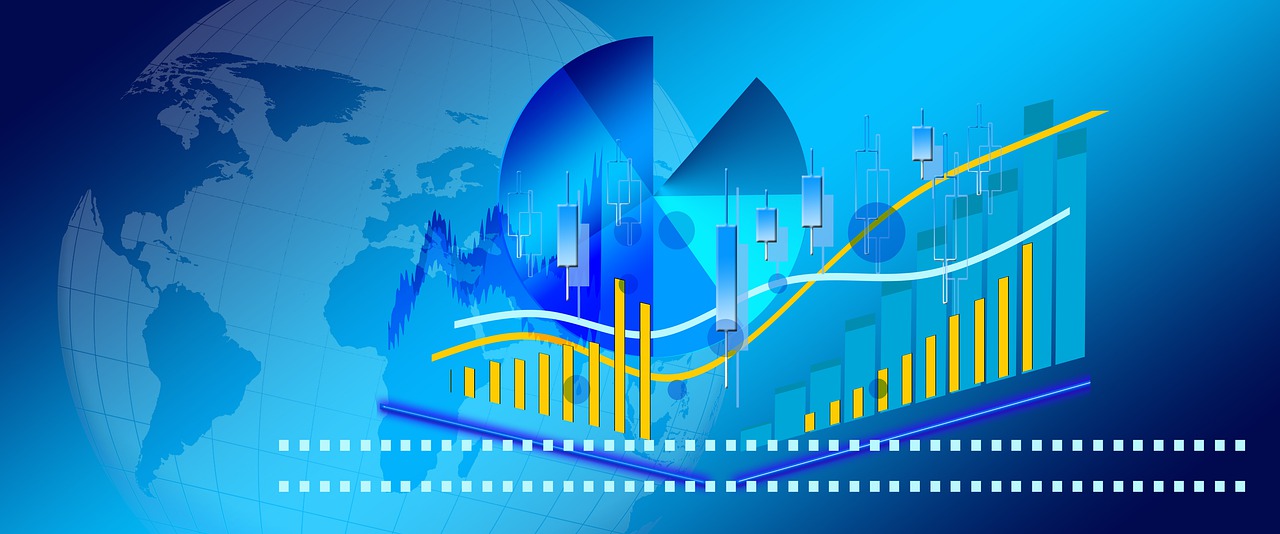
Are we living in a period when events frequently disrupt our lives, or must we embrace this as the new normal and begin to take new steps to minimize risks during uncertain times?

2022: Ukraine-Russia conflict. Global equity values plummeted, particularly on European exchanges. Bond yields declined, safe currencies surged in value (US dollar and the Japanese yen), and oil and natural gas prices rose.

2019: COVID-19 Pandemic. For many decades to come, the complete impact of the pandemic on the global economy will be assessed and analyzed.

2016: Brexit Vote. Brexit has worsened supply chain shortages, increased inflation, and impeded trade. Brexit, according to the UK government, may reduce the country’s growth by up to 6.7 percent over the next 15 years.
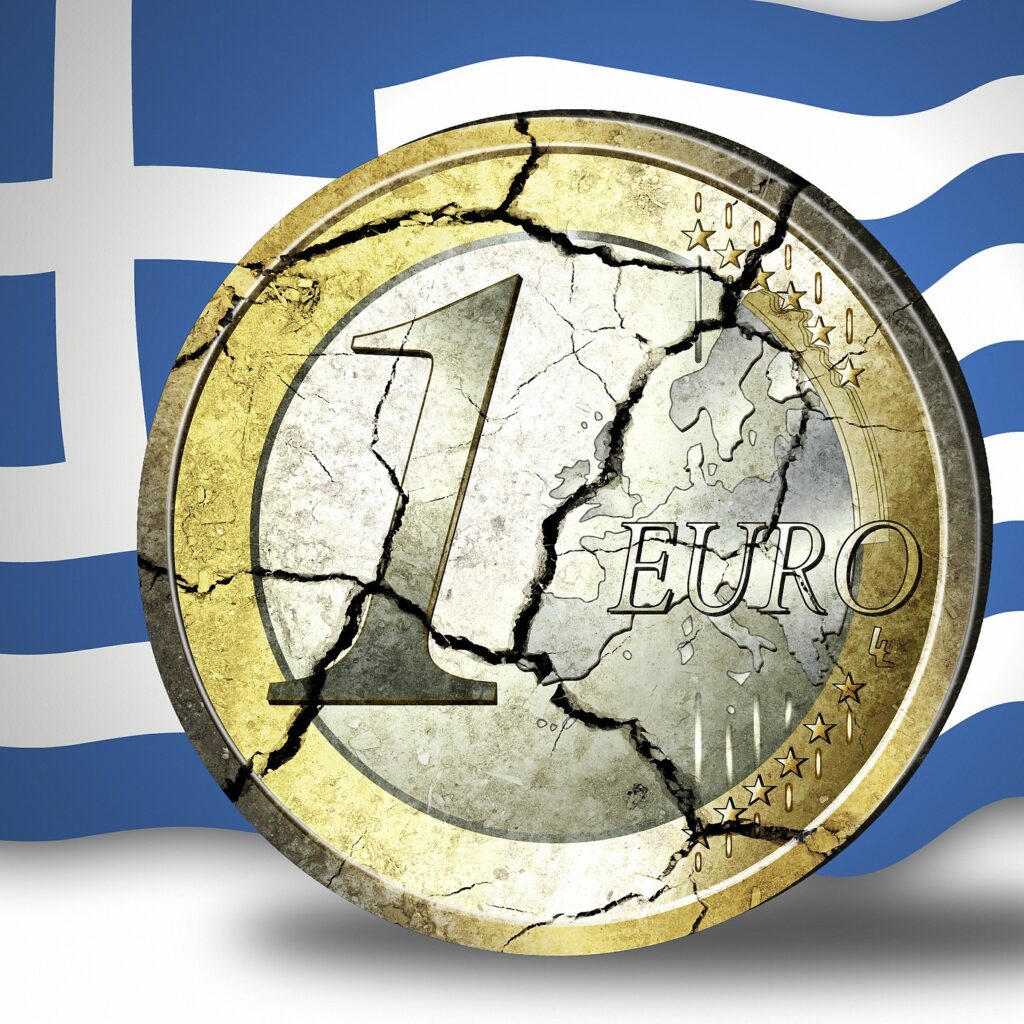
2015: Greek Debt Crisis. The crisis prompted bailouts and raised doubts about the EU’s ability to maintain a single currency.

2011: Tsunami and Nuclear Disaster in Japan. It damaged Japan’s nuclear sector impacting its economy and persuaded Europe to reduce its nuclear reliance.
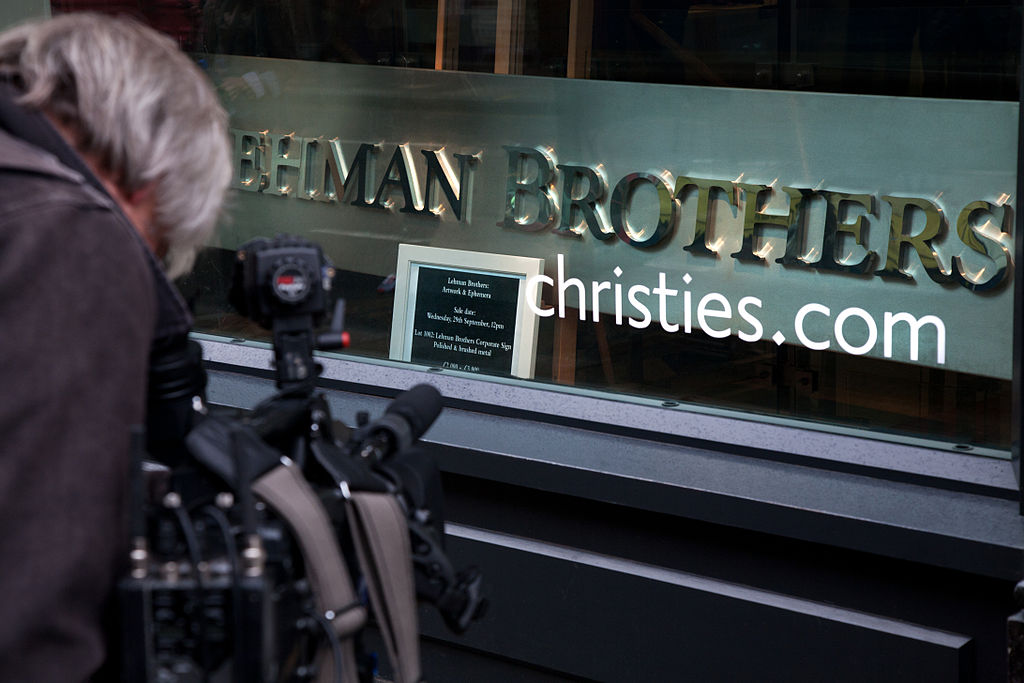
2008: Lehman Brothers bankruptcy. Due to mortgage-backed securities developed from subprime mortgages, it was triggered by poor decisions and lust for power on the part of banking, investment, and insurance firms.
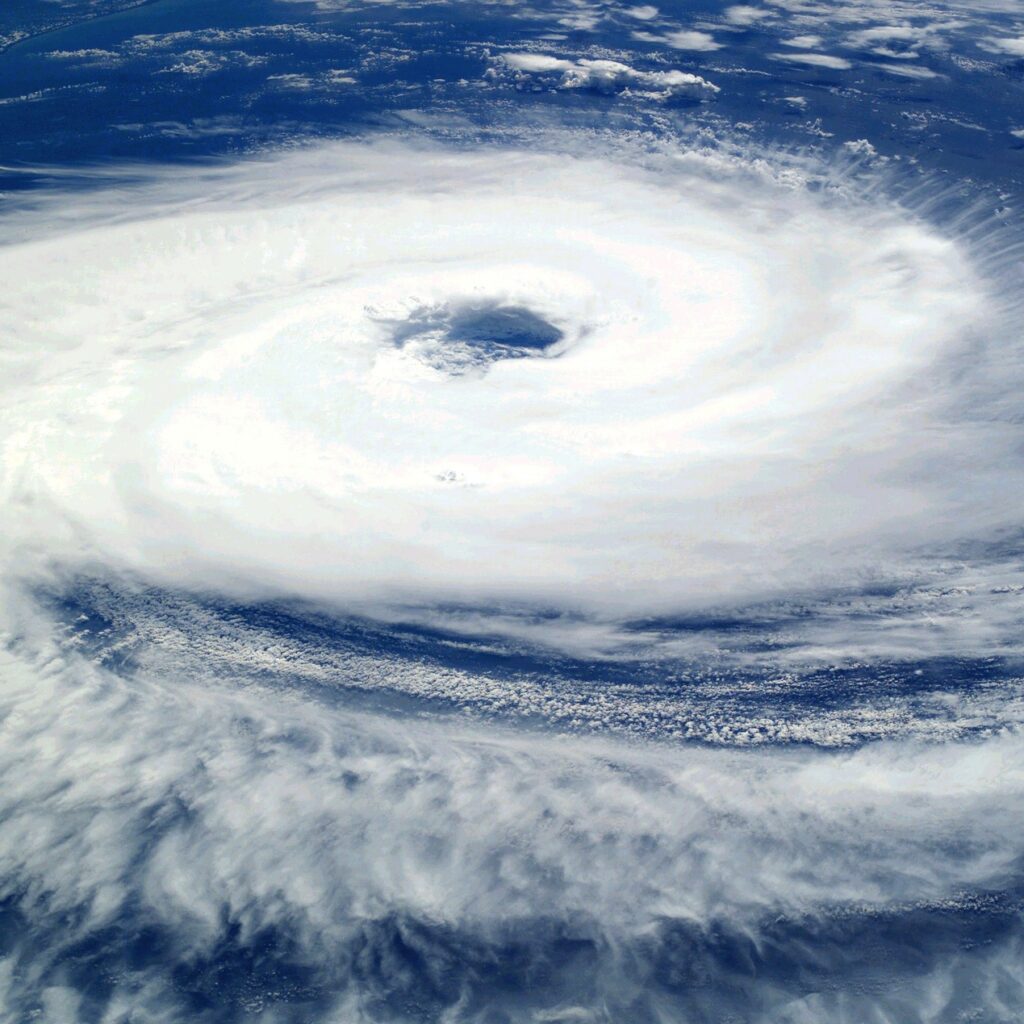
2005: Hurricane Katrina, one of the most destructive storms in history, slammed the shore of Louisiana, causing $160 billion in losses.
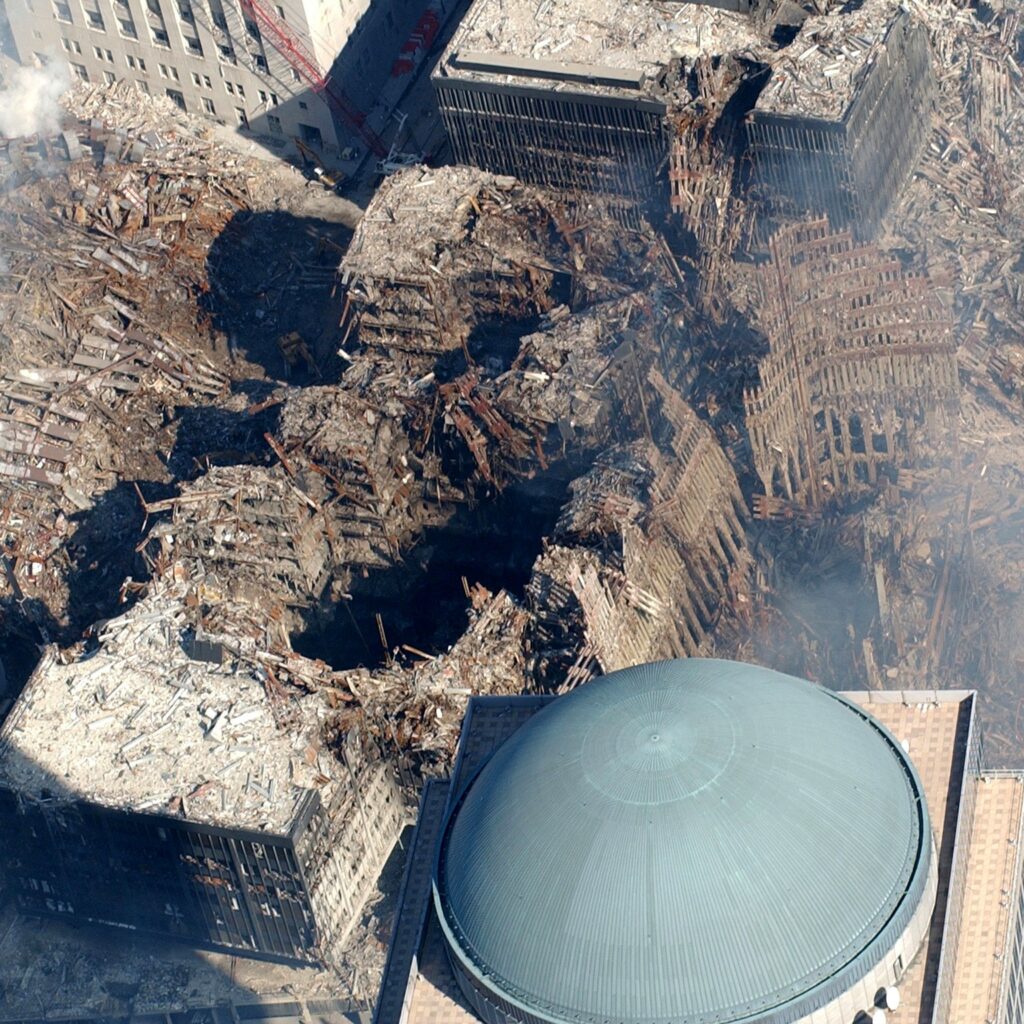
2001: 9/11 Attack Leads to War on Terror. The attacks prolonged the 2001 recession, which was brought on by the bust of the dot-com investment boom.
The global economic recovery is still underway, but emerging economies still have a long way to go before returning to normalcy.
These events cause anxiety and have an impact on your future, decision-making process, and financial condition, whether you are an individual, an SME, a startup, an entrepreneur, a private corporation, or any other entity.
Small, meaningful efforts can help reduce risks and develop a solid backup plan.

Possibility vs Probability
Distinguish between what’s feasible and what’s likely. Many small businesses were driven to the brink of closure as a result of Covid-19, and many owners were led to fear that they were doomed. All that was required was to recognize the situation, make modifications, identify the components of the firm that might still operate, and concentrate on what was possible.
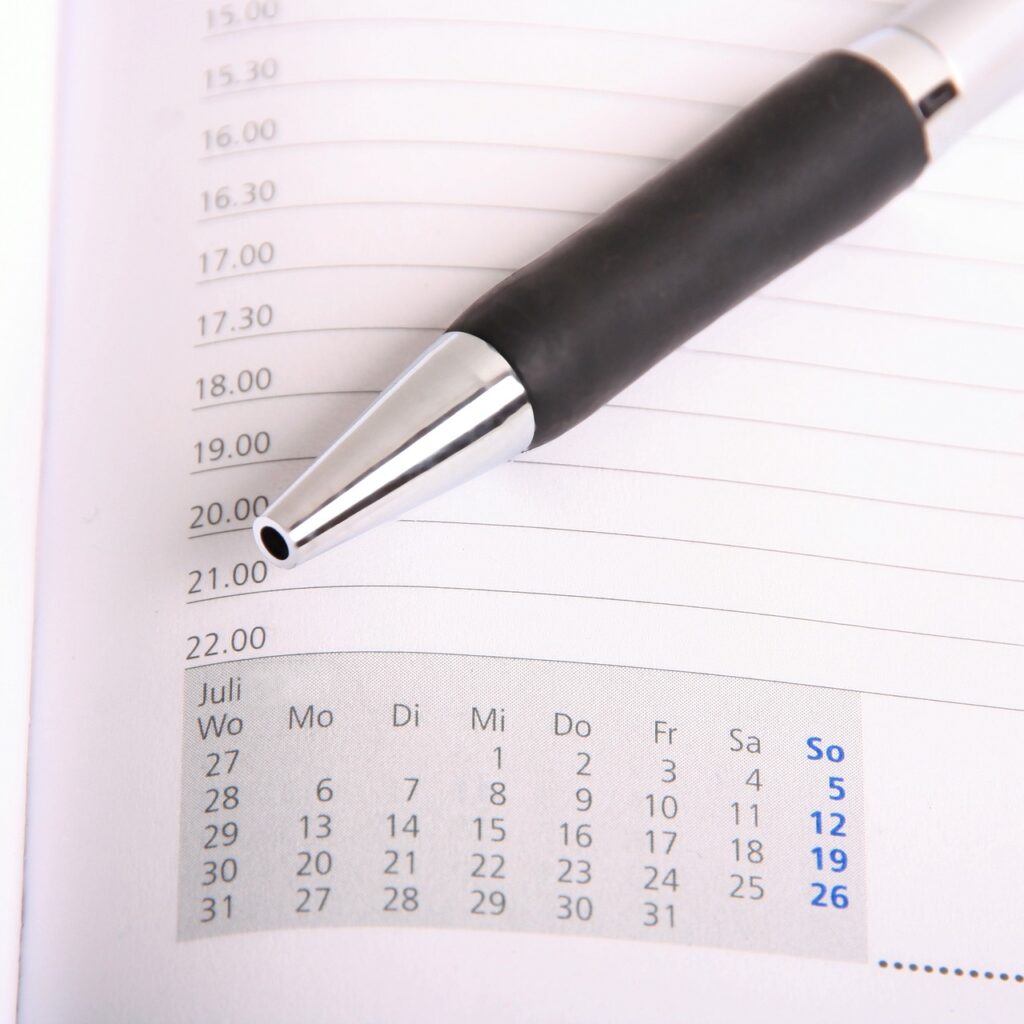
Plan out your time
It’s critical to have a positive attitude about how you prioritize and value your time. Concentrate on the most important tasks and schedule time for self-care. Your daily to-do list should include all of the things you wish to do for the day, from the first to the last.

Make subtle, yet significant changes
It is advisable to focus on the short term, whenever possible. The things that are going on around us can make us nervous & anxious. Taking small but substantial actions might assist in overcoming obstacles in a much more relaxed manner. Oil, agriculture, automobiles, and base metals are all being negatively impacted by the ongoing war conflict. To mitigate the risks, the automobile industry has begun to diversify its palladium acquisition, a few governments have imposed export restrictions on food and fertilizers, companies are ramping up biofuel production, and the redirection of current food crop consumption (maize, wheat, and oilseeds) to non-food uses is being explored.

Make wise choices
In today’s world, it’s critical to prepare oneself ahead of time to make wise decisions. Ask actual experts, seek the advice of a trusted expert, seek the advice of a competent individual, and be guided in the right direction.
This period of uncertainty — in which those of us who have a history of anxiousness may be feeling it strongly, while others may be experiencing it for the first time — is an opportunity to rethink that perception.
For more strategies on how to minimize risks during uncertain times times, subscribe to our newsletter at GeopFX .


